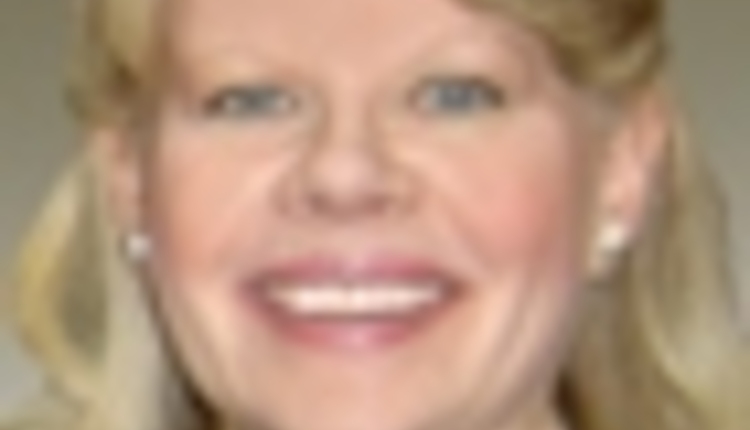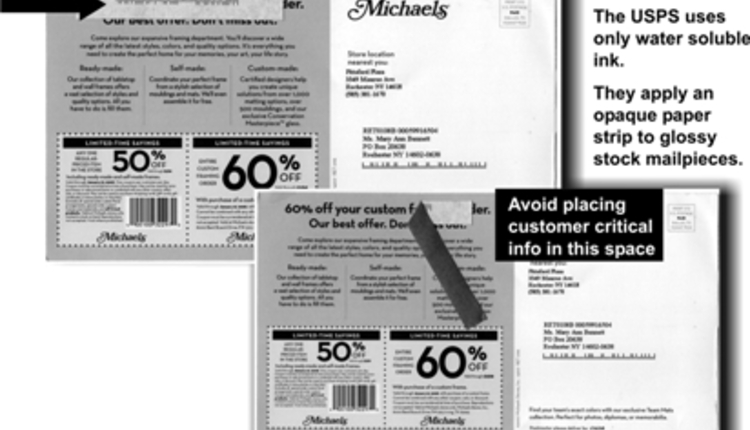It's hard to believe it's the holidays again. Soon, we'll be gathering with family and friends for festive dinners and annual get-togethers. Of course, being in the mail business, you are preparing for the big year-end statement runs and handling a lot of packages for co-workers.
It's also a good time to reflect on the past year and contemplate next year. Other than the probable rate hike, who knows what awaits us in 2002. There's an old saying that fortune favors the well prepared, and the well prepared learn from the past. Seriously consider what has happened, how you reacted and what you'd do differently next year. Oscar Wilde said, "Only the shallow know themselves." To which I'd add, "but only a fool wouldn't try."
First, conduct a review of your operation. Gather all your monthly status reports and weave a story of what you've accomplished. Although you probably do this as part of your own annual performance review, you may focus only on the positive (in order to secure bonuses and raises). I'm suggesting that you also delineate your failures or things that you wanted to accomplish but didn't. This doesn't mean you should dwell on the negative, but you need an honest assessment. A nice tool is a simple three-column spreadsheet listing your unit's goals, the results (success or defeat) and the impact on your operation. Discuss this assessment with your staff and determine what could be done to be more successful. List those goals that will carry over to next year and what new challenges the team hopes to overcome.
Next, look at your staff. Again, these aren't formal performance reviews. Rather, evaluate key people as part of the team that produced success over the past year. Make sure you reach out to people and thank them for their efforts. I know you thanked them at the time of the success, but nobody gets tired of hearing what they've done well.
Of course, no one in their right mind would leave you. However, one or two members of your staff may be thinking about finding a job elsewhere. What can you do to help them stay? Or if appropriate, help them move on? Steer these workers toward the resources available within your company and remember to share your personal stories when you made some of the same decisions at a similar point in your career.
Now that you're done looking at others, it's time for the real challenge looking at yourself. Self-assessment is no easy task and shouldn't be treated lightly. Seek out a place where you won't be disturbed (away from work and home). An excellent place that you might overlook is your public library. An interesting thing about libraries is they're full of books you may never have a chance to read. There are just not enough hours in the day to read all those books. What a fantastic reminder that there's so much we don't know and so much we've yet to learn. So shut off your cell phone, grab a pad of paper and a pen and find yourself a quiet spot in a stack of books.
To start your self-assessment, make a checklist:
÷ What have I done to improve myself?
÷ What were my professional goals at the beginning of this year?
÷ What steps did I take to achieve those goals?
÷ What roadblocks did I encounter, and how did I handle them?
Consider each of these questions from a professional and personal point of view. Ponder whether you would have made the same decision with the knowledge you have today. If you conclude, "I would have done things differently," then determine your motive for making the "wrong" move last year. For your successes, describe those key actions that led to your success. Perhaps you can find a way to mimic those actions to accomplish next year's goals. ·
Time Is a Valuable Currency
Did successes from one aspect of your life negatively impact another part of your life? Maybe you completed a project, but it meant spending too many hours away from home. Hard work and long hours are often necessary but so is balance. Time is a valuable currency; make sure to spend yours wisely.
Now, contemplate your future. Where do you want to be a year from now? Maybe you would like to get a promotion, achieve professional certification or submit an article for publication (unabashed plug for my editor). It's possible you are thinking about an even bigger step: a new job. There's a lot involved with each of these decisions. You'll need to conduct some research, study reference material and draft a resume or article.
Most importantly, to reach your goals, you'll need to create a plan with measurable action steps and deadline dates. Be as detailed as possible, and include target milestones. If you're really bold, share the plan with someone and discuss your progress on a regular basis with this person. Schedule a date for same time next year to conduct another complete review.
We often choose not to make significant changes because of fear. Traditionally, print/mail managers have spent entire careers at one company. With the shifts in the economy and the multitude of mergers, this may no longer be possible. Approach these challenges as opportunities. A good friend of mine recently changed jobs after 17 years at the same company. The apprehension of starting a new job was balanced by the prospect of designing and implementing new systems. While he still faces many of the management and political issues that existed at his old company they're usually the same no matter where you go he's very upbeat and confident he'll succeed. It's great to see the improvement in his attitude.
Conducting a self-assessment may not sound like the most enjoyable way to spend the holidays, especially with all the other pressures, cooking, buying gifts and year-end reports. But can you think of a better gift for yourself and your operation?
Mark M. Fallon is president and CEO of the Berkshire Company, a consulting firm specializing in both mail and document processing strategies. For more information, visit www.berkshire-company.com.




